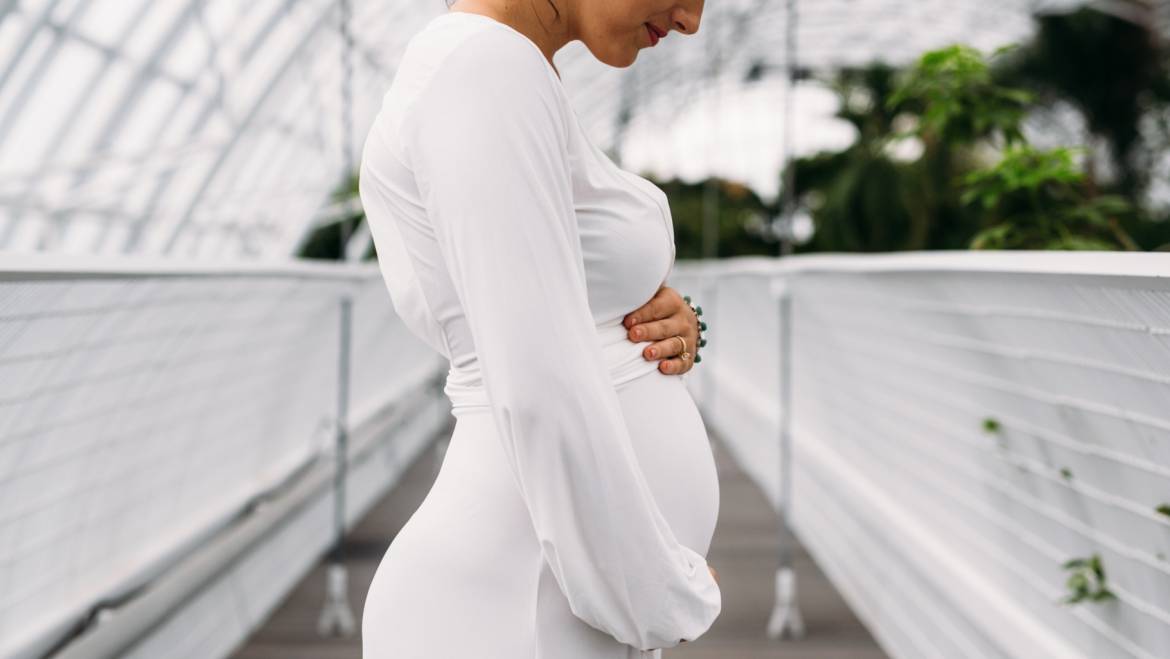Common early pregnancy symptoms – what are they?
When women become pregnant, they go through a series of hormonal changes that begin to modify their bodies to accommodate the new life growing inside of them. Some of these hormonal changes produce symptoms that are a tell-tale sign of pregnancy long before a ‘baby bump’ develops.
Women who are trying to determine if they have fallen pregnant or not may want to examine the following symptoms. Of course, the best way to accurately determine if you are pregnant is to test for it either with an at-home kit or by consulting with a medical professional.
See an overview of contraceptive options if you are worried about the future.
Tender and/or swollen breasts
A woman’s breasts are often one of the first areas where symptoms of pregnancy manifest. Hormonal changes can cause breasts to feel fuller and heavier, which can often make them feel slightly sore or tender to the touch.
Increased flatulence (passing wind)
The progesterone hormone that increases during pregnancy will cause big changes to a woman’s body. One of these changes is the relaxation of intestinal muscles. This can slow down digestion and cause symptoms like passing wind as well as bloating and burping.
Tiredness (fatigue)
Feeling more tired than usual is a common sign of pregnancy and is especially obvious if you otherwise have a very active lifestyle. This is, again, caused by progesterone which saps your energy and causes you to fall asleep more easily.
Enlarged, swelling veins
As the foetus grows and the uterus expands to make room for it, it can put increased pressure on blood vessels throughout the body. This includes reduced blood flow to extremities which can cause varicose veins.
Cramping or bleeding
Sometimes a slight amount of vaginal bleeding can occur shortly after conception and is commonly known as implantation bleeding. This bleeding can often be mistaken for the beginning of a period which would indicate non-pregnancy, but it is usually much lighter and doesn’t last long. Abdominal cramping can also occur during this time and is similar to period cramps.
Nausea
Nausea is known as morning sickness when it occurs post-conception. Despite being called morning sickness, it can occur anytime. This symptom can occur as soon as two weeks after falling pregnant and is related to rising levels of estrogen. Nausea that results quickly after smelling certain odours can also be a sign of pregnancy.
Food cravings or loss of appetite for certain foods
While cravings for more food are a common sign of pregnancy, a loss of appetite for certain foods can also be an early sign. Foods that you previously enjoyed can become unappealing quickly after you become pregnant. Keep in mind; that just because you crave a certain food does not mean it is good for the baby – eat a normal recommended diet, and the baby will get the right nutrition.
Missed period
Missing your period is the most obvious and widely understood early symptom of pregnancy. If you have had sex (even protected) and missed your monthly cycle, then you need to check to see if you are pregnant. This even applies if you take contraceptives as these don’t prevent pregnancies 100% of the time.
Women who may want to discuss these symptoms with a doctor can book a telehealth consult with one of our GPs at Instant Consult.

